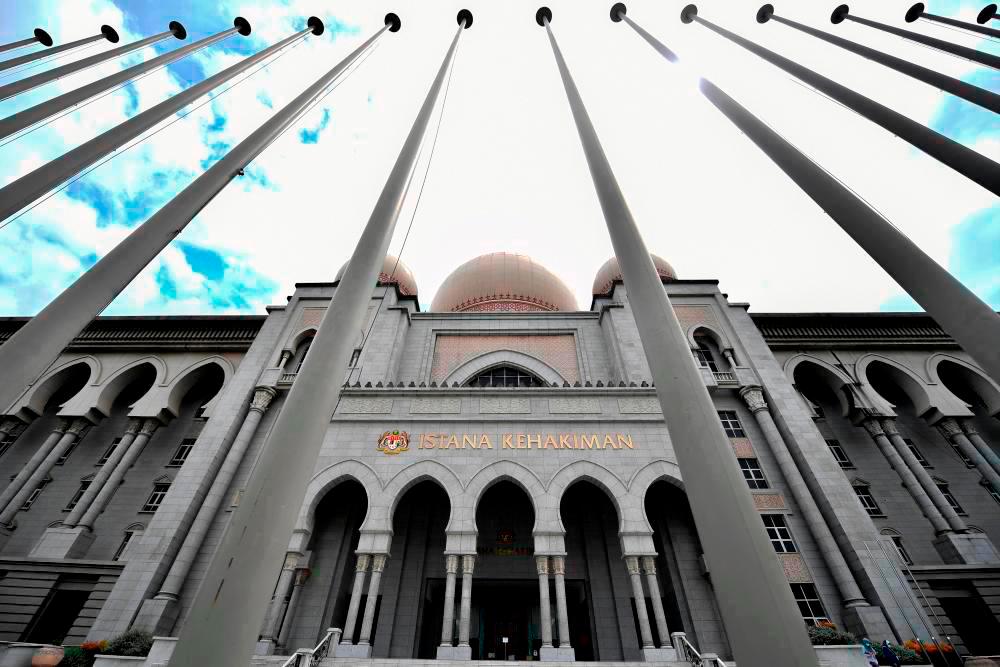KUALA LUMPUR: The High Court today set April 1 for the decision on the judicial review application filed by the United States government to challenge the Industrial Court ruling awarding RM66,000 to a former security guard at the US Embassy for his unlawful dismissal.
Judge Datuk Amarjeet Singh fixed the date after hearing submissions from lawyers Lim Heng Seng, representing the US government, L. Subramaniam’s counsel, Ragunath Kesavan, and senior Federal Counsel Liew Horng Bin as amicus curiae.
“The court will deliver the ruling via email,” he said.
On August 9, the US government filed a new application to annul the award granted to Subramaniam by naming the Industrial Court and Subramaniam as the first and second respondent.
The US government also sought a court order stating Subramaniam’s dismissal for internal disciplinary misconduct within the embassy, saying that the country and its embassy are protected by immunity from the jurisdiction of the Industrial Court concerning claims under Section 20(3) of the Industrial Relations Act 1967.
It also requested that all proceedings related to the Industrial Court’s award be suspended until the judicial review is concluded.
On Jan 8, 2020, the High Court ruled that the US government and its embassy were protected by immunity and prohibited the Industrial Court from adjudicating Subramaniam’s unlawful dismissal claim case.
However, in 2021, the Court of Appeal overturned the High Court’s decision and ordered the Industrial Court to proceed with hearing the dispute, prompting the US government to bring the matter up to the Federal Court, but the appeal was rejected.
On April 27 last year, the Industrial Court ordered the US Embassy to pay the sum of RM66,000 to Subramaniam after finding that he was unlawfully dismissed.
Prior to his termination in 2008, Subramaniam had been serving as a security guard at the embassy for more than ten years.
Subramaniam claimed that he was merely performing auxiliary duties at the embassy and was not involved in the diplomatic functions or governmental decisions of the United States.
He also contended that he did not have any access to the confidential information or documents relating to the embassy or the US government, adding that the US government was not immune to legal actions. -Bernama









